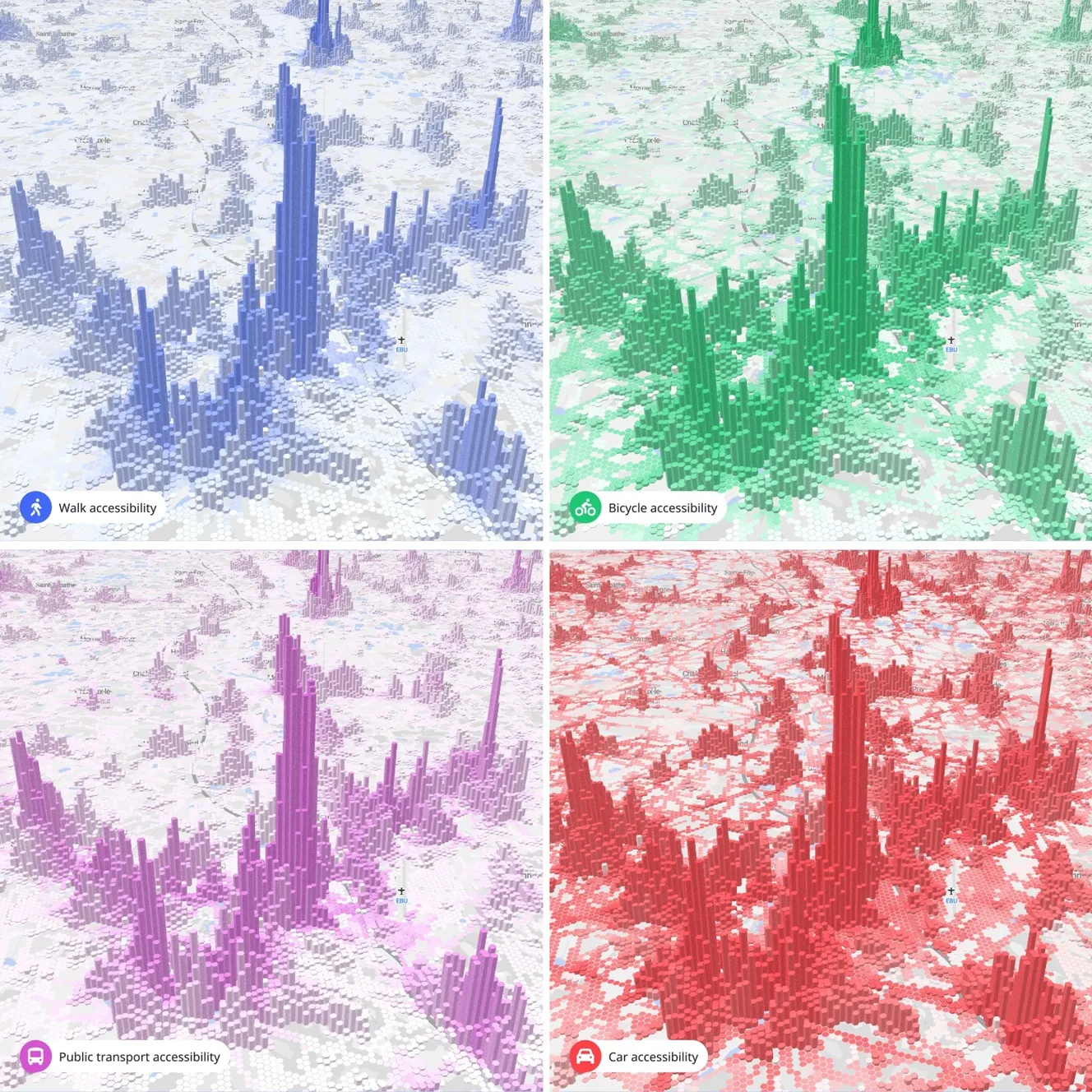The UK’s
The hub currently stores many valuable data sets from government organisations, transport and technology businesses, offering multiple insights into road travel and haulage patterns in the UK.
Businesses will be able to use the facility to work with SMEs and research organisations to create transport innovations. Existing data sets can be combined for the first time to help create solutions for transportation issues such as congestion, pollution and journey planning.
Partners who use the facility have access to powerful IT infrastructure for data analysis and a team of experts to help them. The platform also features highly secure storage and robust legal processes to ensure privacy and commercial confidentiality to allow partners data to be stored and analysed.
Transport Systems Catapult launches new platform to power transport innovation
The UK’s Transport Systems Catapult (TSC) has announced the launch of the Intelligent Mobility Data Hub (IMDH) at the Cenex-LCV event today. The hub provides a neutral, secure platform for transport organisations to allow access to and analyse their data. The hub currently stores many valuable data sets from government organisations, transport and technology businesses, offering multiple insights into road travel and haulage patterns in the UK.
September 6, 2017
Read time: 2 mins










